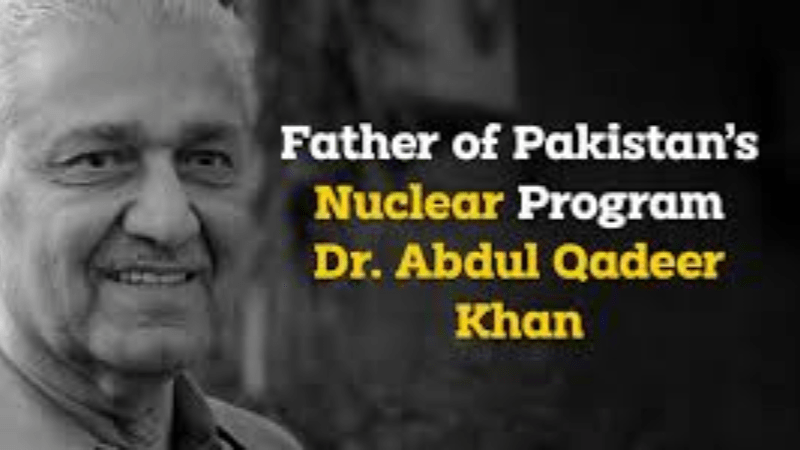1.Introduction
Brief overview of Pakistan’s nuclear journey and Dr. Abdul Qadeer Khan’s role.
Dr. Abdul Qadeer Khan and his team in Pakistan’s nuclear program is a historical milestone. Thanks to their tireless work and academic expertise, Pakistan acquired the capability that made it an invincible defense power. The success of this program made Pakistan the first nuclear power in the Islamic world and the seventh in the world, which not only strengthened national security but also increased Pakistan’s importance at the global level. This success not only strengthened Pakistan’s security, but also increased Pakistan’s importance around the world, further strengthening the image of Pakistan and its nuclear defenses.
Table of Contents
2. Dr. Abdul Qadeer Khan Leadership in Pakistan’s Nuclear Program
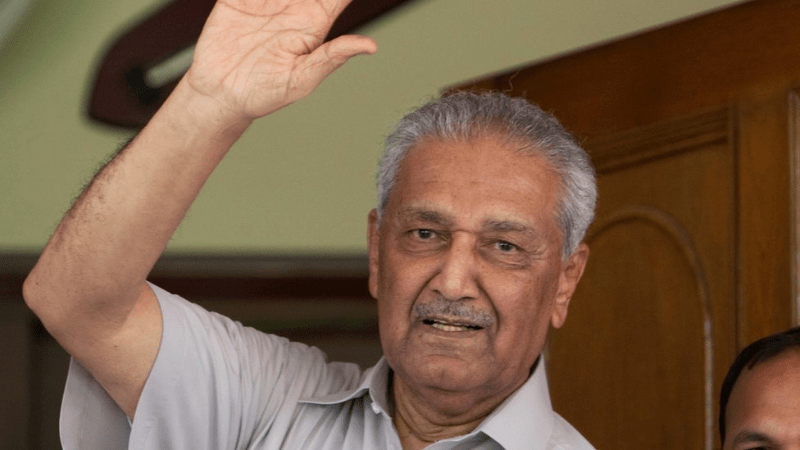
Background and Early Life
Born in 1936 in Bhopal, India, Dr. Abdul Qadeer Khan moved to Pakistan after partition. Specializing in nuclear metallurgy, Dr. Abdul Qadeer Khan joined the Pakistan Atomic Energy Commission in 1976 and established Kahota Research Laboratories. Despite limited resources, Dr. Abdul Qadeer Khan successfully developed the process of enriching uranium, ultimately making Pakistan a nuclear power.
Vision for Self-Reliance in Nuclear Technology
Pakistan’s nuclear program began in the 1970s after India’s 1974 nuclear test, which created security concerns for Pakistan. In response, Prime Minister Zulfiqar Ali Bhutto declared, “We will eat grass but we will definitely make atomic bombs.” Dr. Abdul Qadeer Khan, considered the founder of the program, played a crucial role in uranium enrichment. He believed that self-reliance in nuclear technology was the key to ensuring the nation’s safety and strategic position.
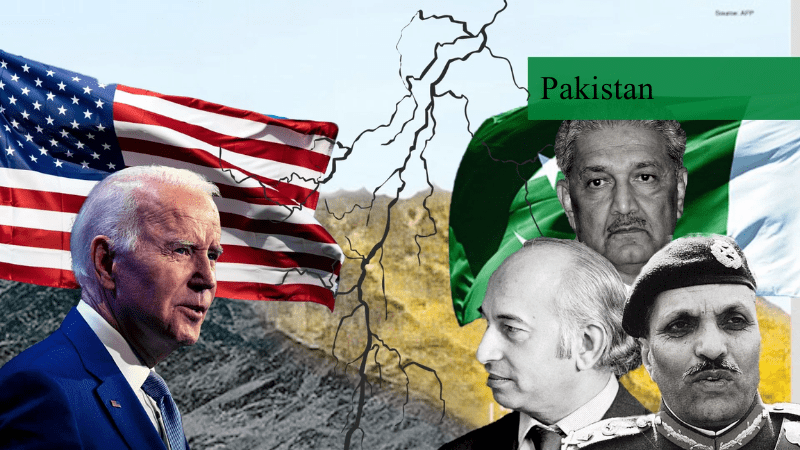
3.Nuclear experiments
Preparation for the Tests in Chagai
Dr. Khan played a pivotal role in leading the efforts for Pakistan’s nuclear tests. His work on uranium enrichment and technological advancements laid the groundwork for the country’s nuclear program. By 1998, Pakistan had made significant progress in its nuclear capabilities.
Details of the May 28, 1998, Tests
On May 28, 1998, Pakistan conducted its first successful nuclear tests in Chagai, marking a historic milestone. Dr. Khan’s expertise and leadership were instrumental in executing the tests, which demonstrated Pakistan’s nuclear deterrence capability. These tests made Pakistan the seventh nation in the world to possess nuclear weapons.

Global Reactions and Their Impact
The global response to Pakistan’s nuclear tests was mixed. While some nations, including the United States, imposed sanctions, others, especially China and some Islamic nations, expressed support. Despite the sanctions, the tests solidified Pakistan’s standing as a nuclear power and gave it a strategic advantage in South Asia.
4.Implications for the success of the nuclear program
Strategic Defense Benefits for Pakistan
The success of Pakistan’s nuclear program had several important effects. Firstly, it ensured the security of Pakistan and provided a strong defense against any aggressive move by India. After becoming a nuclear power, Pakistan has achieved such a position on the defense level that now any enemy country will think twice before thinking of attacking Pakistan. In addition, nuclear power gave Pakistan a unique position on the world stage. Although this led to various international sanctions on Pakistan, it nevertheless gave Pakistan an important position at the international level. As a nuclear power, Pakistan not only became stronger in its defense but also became a source of pride for the Islamic world.
Balance of Power in South Asia
Dr. Khan’s efforts helped establish a balance of power in South Asia, where both India and Pakistan now possessed nuclear capabilities. This shift in the regional dynamics ushered in a new era of deterrence and diplomacy.
Challenges and International Sanctions
Despite the success of the nuclear program, Pakistan faced international sanctions that hindered its access to advanced technology and resources. Nevertheless, the country’s resilience and continued efforts helped it overcome these challenges.
5.Additional Contributions of Dr. Abdul Qadeer Khan
Innovations in Nuclear Metallurgy
Dr. Abdul Qadeer Khan made significant advancements in nuclear metallurgy, ensuring Pakistan’s ability to safely and effectively develop nuclear weapons while reducing reliance on foreign technology. His innovations in this field were crucial in improving Pakistan’s nuclear weapons technology, allowing for more efficient and secure nuclear devices.
Establishment of Scientific Institutions in Pakistan
Dr. Khan played a key role in the establishment of scientific institutions, most notably the Kahuta Research Laboratories (KRL), which he founded. This institution became a cornerstone of Pakistan’s nuclear program and was crucial in advancing the country’s scientific capabilities. KRL also played a vital role in inspiring future generations of scientists, fostering a strong research and development culture in Pakistan.

The future of Pakistan’s nuclear program
Pakistan’s nuclear program continues to be an important pillar of national defense and further steps are being taken to maintain and develop it. Pakistan has always emphasized that its nuclear program is purely for defensive purposes and is aimed at ensuring peace and stability in the region. Pakistan’s policy is to respect the non-proliferation and international law of nuclear weapons, and take all necessary measures to make its nuclear program more secure and stable.
Commitment to Non-Proliferation
Despite its nuclear capabilities, Pakistan has remained committed to non-proliferation efforts, advocating for regional stability and peace. The country’s nuclear program has been primarily defensive, with an emphasis on deterrence.
Technological Advancements for Peaceful Purposes
In recent years, Pakistan has also focused on using its nuclear technology for peaceful purposes, such as energy generation and medical applications. The country aims to leverage its advancements in nuclear technology to support national development and contribute to regional progress.
Commitment to Non-Proliferation
Despite its nuclear capabilities, Pakistan has remained committed to non-proliferation efforts, advocating for regional stability and peace. The country’s nuclear program has been primarily defensive, with an emphasis on deterrence.
Technological Advancements for Peaceful Purposes
In recent years, Pakistan has also focused on using its nuclear technology for peaceful purposes, such as energy generation and medical applications. The country aims to leverage its advancements in nuclear technology to support national development and contribute to regional progress.
Commitment to Non-Proliferation
Despite its nuclear capabilities, Pakistan has remained committed to non-proliferation efforts, advocating for regional stability and peace. The country’s nuclear program has been primarily defensive, with an emphasis on deterrence.
Technological Advancements for Peaceful Purposes
In recent years, Pakistan has also focused on using its nuclear technology for peaceful purposes, such as energy generation and medical applications. The country aims to leverage its advancements in nuclear technology to support national development and contribute to regional progress.
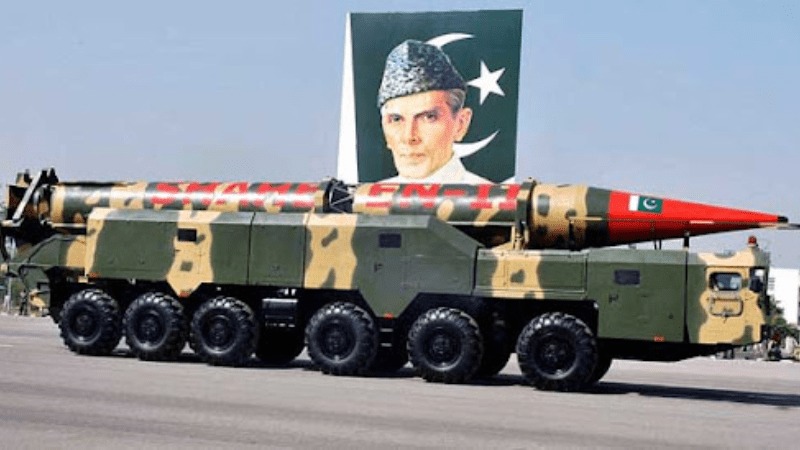
The Legacy of Dr. Abdul Qadeer Khan
Dr. Abdul Qadeer Khan’s legacy lies in his pivotal role in establishing Pakistan as a nuclear power, strengthening its defense and global standing. His vision for self-reliance and technological advancement continues to inspire Pakistan’s scientific community, making him a national hero and a symbol of innovation and resilience.
National and Global Impact
Dr. Khan’s contributions not only transformed Pakistan’s defense capabilities but also altered the global nuclear landscape. His legacy continues to impact both Pakistan and the international community.
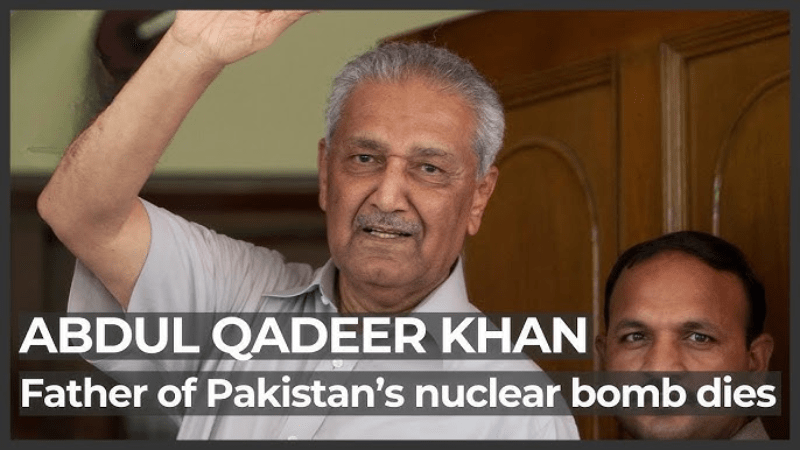
The result
The success of Pakistan’s nuclear program and the role of Dr. Abdul Qadeer Khan is a great chapter in Pakistani history. He dedicated his whole life for the nation and made Pakistan a safe and strong country by acquiring nuclear power. Thanks to their hard work and sacrifices, the defense capability of Pakistan is so strong today that no enemy country can dare to look at Pakistan. His services will always be remembered and he will always live in the hearts of Pakistani nation.
_______________
You may also like:
